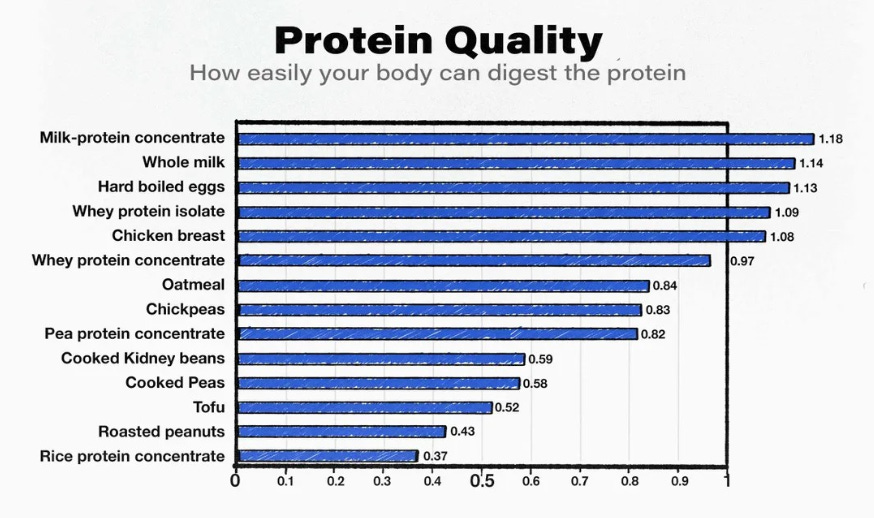· supplements · 5 min read
DMHA vs DMAA: The Ultimate Showdown of Stimulants
Among the myriad of options available, two stimulants have caught my attention: DMHA and DMAA. Both have garnered a significant following in the bodybuilding and weight loss communities, but which one reigns supreme?
As a bodybuilder and supplement connoisseur, I’ve been immersed in the world of performance-enhancing substances for quite some time. Among the myriad of options available, two stimulants have caught my attention: DMHA and DMAA. Both have garnered a significant following in the bodybuilding and weight loss communities, but which one reigns supreme? Let’s delve into the nitty-gritty of DMHA vs DMAA and uncover the truth.
What is DMHA?
DMHA, or 2-amino-6-methylheptane, is a relatively new kid on the block in the world of stimulants. Derived from the Walnut Kernel, it has been touted as a potent and legal alternative to its notorious cousin, DMAA. DMHA vs DMAA – the former is often praised for its energizing effects, focus-boosting capabilities, and potential to enhance thermogenesis (fat-burning).
The Rise of DMAA
Before we dive deeper into the DMHA vs DMAA debate, let’s shed some light on DMAA, or 1,3-dimethylamylamine. This controversial stimulant gained immense popularity in the late 2000s and early 2010s, primarily due to its inclusion in several pre-workout supplements. Known for its intense energy-boosting properties and appetite-suppressing effects, DMAA quickly became a favorite among athletes and fitness enthusiasts alike.
However, its reign was short-lived. In 2012, the FDA (Food and Drug Administration) issued warnings about the potential health risks associated with DMAA, leading to its eventual ban in several countries, including the United States.
The DMHA vs DMAA Showdown
With DMAA’s departure from the market, many supplement companies turned their attention to DMHA as a viable alternative. But how do these two stimulants stack up against each other? Let’s take a closer look.
Potency and Effects
In terms of potency, DMAA is often considered the more powerful of the two. Its stimulatory effects are typically described as more intense, with users reporting a significant surge in energy, focus, and motivation. However, this potency also comes with an increased risk of side effects, such as elevated heart rate, jitters, and potential cardiovascular complications.
On the other hand, DMHA vs DMAA – DMHA is generally regarded as a milder stimulant, with effects that are more subtle and controlled. While it may not pack the same punch as DMAA, many users appreciate its ability to provide a clean and sustainable energy boost without the potential jitters or crashes associated with its counterpart.
Legality and Regulation
One of the primary advantages of DMHA in the DMHA vs DMAA debate is its legal status. As of now, DMHA is not explicitly banned or regulated by most governing bodies, making it a more accessible option for supplement companies and consumers alike.
In contrast, DMAA’s legal status has been a topic of much controversy and debate. While it was once widely available, its ban in several countries has significantly limited its availability and raised questions about its long-term safety.
Side Effects and Safety
As with any stimulant, both DMHA and DMAA come with their fair share of potential side effects. However, the severity and frequency of these side effects seem to differ between the two compounds.
DMAA has been associated with a higher risk of adverse effects, including elevated blood pressure, increased heart rate, and potential cardiovascular complications. These risks have been a significant factor in the decision to ban or restrict its use in many countries.
While DMHA is not without its own set of potential side effects, such as headaches, nausea, and jitters, these are generally regarded as less severe and less frequent compared to those associated with DMAA. However, it’s important to note that individual responses can vary, and caution should always be exercised when consuming any stimulant.
The Verdict: DMHA vs DMAA
So, which stimulant emerges victorious in the battle of DMHA vs DMAA? The answer, as with many things in life, is not a clear-cut one. Both substances have their own unique set of pros and cons, and the choice ultimately comes down to individual preferences, goals, and tolerance levels.
For those seeking a more intense and potent stimulatory experience, and who are willing to accept the potential risks, DMAA may still be an option (where legally available). However, for those prioritizing a more moderate approach, with a focus on sustained energy and reduced risk of adverse effects, DMHA may be the safer and more practical choice.
Regardless of your preference, it’s crucial to exercise caution, follow recommended dosages, and consult with a healthcare professional, especially if you have any pre-existing medical conditions. The world of stimulants is a complex one, and navigating it requires a combination of knowledge, responsibility, and a commitment to your overall well-being.
In the grand scheme of things, the DMHA vs DMAA debate is just one chapter in the ever-evolving saga of performance-enhancing substances. As new compounds emerge and research continues to shed light on their effects, it’s up to us, as informed consumers, to make educated decisions that align with our goals while prioritizing our health and safety.






